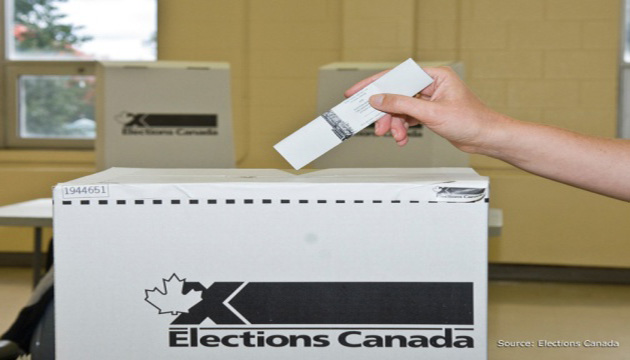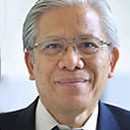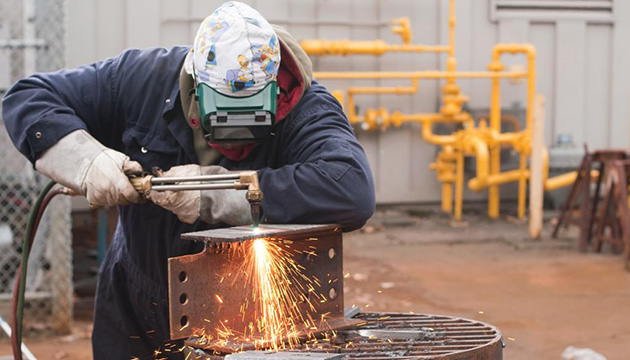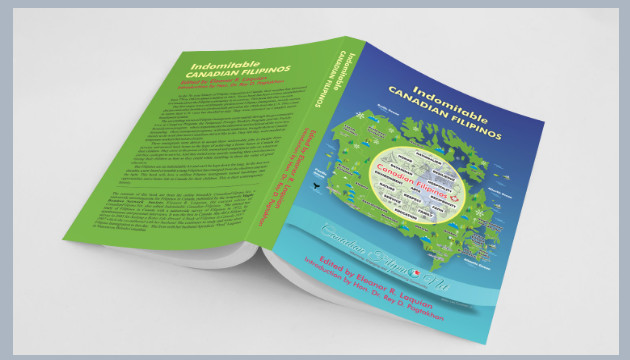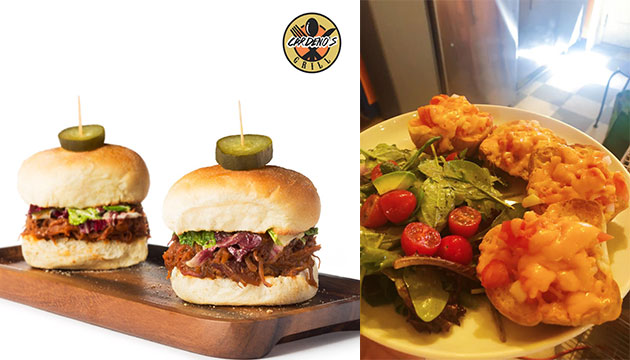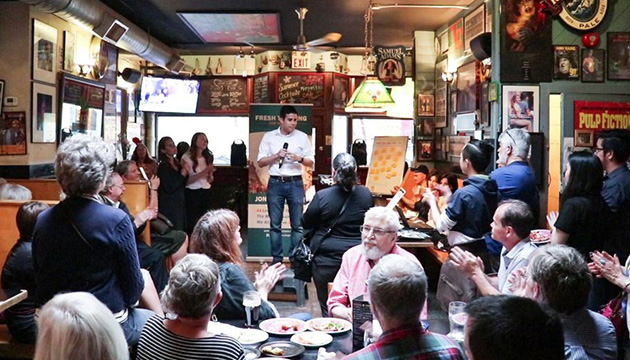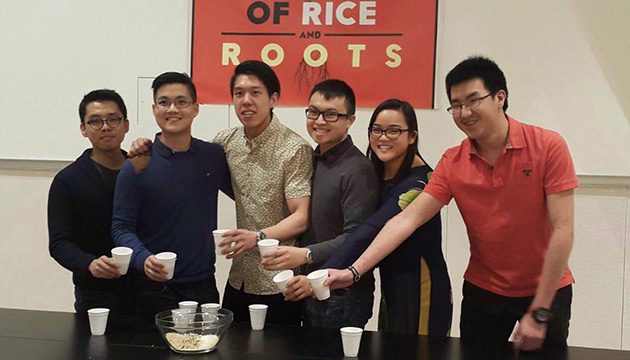Filipinos in their home country are passionately engaged in politics.
This is in sharp contrast with the seeming apathy among Canadian Filipinos toward Canadian politics as noted by Tony Carpio, who studies and researches CanadianFilipinos.
In a recent presentation on Filipino migration to Canada at the University of British Columbia, Carpio calculated that with 800,000 Filipinos in Canada, there should be at least six Filipino MPs in the House of Commons. However, since the 1960s, there has been only one Filipino MP, Dr. Rey Pagtakhan from Winnipeg.
Pagtakhan started his political career in 1986 as the first Filipino in Manitoba to be elected school trustee. From there he was elected to the House of Commons in 1988 and held that office until 2004. He served as parliamentary secretary to Prime Minister Jean Chretien (1996-1998), chaired the House of Commons Standing Committee on Human Rights and Status of Persons with Disabilities and on Citizenship and Immigration. He was appointed to the Cabinet as Secretary of State (Asia Pacific) in 2001, promoted to Minister of Veterans Affairs and senior federal minister for Manitoba in 2002. He was appointed Secretary of State for Science, Research and Development in May of the same year and as Minister of Western Economic Diversification in 2003.
Sadly, Pagtakhan's 18 illustrious years in politics ended in 2004 because many Filipino voters in his riding still viewed politics as a patronage game. They felt that he spent too much time in Ottawa as an MP and “had not done enough on specific Filipino requests.” Supporters of Pagtakhan said that “even though some Filipinos had lived long in Canada they still saw politics as a means of exacting personal favors and rewards in exchange for their votes. According to Pagtakhan in a telephone interview, “No politician has ever escaped criticism but some critics are simply partisan and do not care to know the truth.”
Asked why Filipinos are so inadequately represented in Canadian politics today, Maria Aguirre, an entrepreneur who has set up enterprises in several Canadian provinces said that upon arrival, most Filipinos are too engrossed with making a living to care about politics. “Besides, some have a dim view of politics back home.” She recalled one person telling her: “In Canada, I do not need a political patron to make it. I can succeed on my own.”
Jeffrey Almeda agrees with Aguirre that most Filipinos who come as economic migrants are not too interested in politics. “Also, they are not united,” he said, “Just think of the hundreds of Filipinos in BC who cannot work together behind a candidate. Besides, they do not congregate in specific ridings -- there are no Pinoy Towns in Canadian cities that can serve as political bailiwicks.”
Almeda hopes that in the future second and third-generation Filipinos may get more involved in politics. “The young ones are more economically mobile and if they remain conscious of their identity, they would probably become more political,” he said. “However,’ he quickly added, “this may not happen in our life time.”
Marisa Roque from Toronto reiterates the divisiveness among Filipinos. She reported that in the last election, a number of Filipino candidates in Canada’s largest city threw their hats into the ring but they were not successful. She observed that Filipinos “are not as cohesive as other ethnic groups.” She noted, however that Filipinos in Winnipeg have been more successful by supporting local candidates like Flor Marcelino and her brother-in-law, Ted Marcelino, who were both elected MLAs in 2011.
Tony Pena, a retired businessman said some Canadian Filipino politicians had approached him for financial help. “I helped them because I like to see Filipinos become more successful in politics,” he said. “However, I do not vote for candidates just because they are Filipinos. I think most Canadian Filipinos think that way. They are often critical of some Filipinos who run for office. They want to make sure that they are not running just for selfish reasons -- that they really wish to serve the community.”
Pena also observed that some Filipinos are “too much in a hurry.” He said that “some of them run for top level positions right away. To succeed in Canadian politics, you may have to start at lower level posts like the School Board or Parks Board. You cannot be a star right away.”
Professor Cesi Cruz who teaches political science at UBC thinks that political practices in the Philippines are very different from those in Canada. Back home, politics is “personalistic” and people vote for candidates they closely identify with. In Canada, people tend to vote on the basis of policies and programs contained in political party platforms. Lacking the emotional identification with candidates, Prof. Cruz says Canadian Filipinos don’t get too excited about Canadian politics.
Finally, Rafael Fabregas, a Filipino Canadian immigration lawyer who narrowly missed being nominated a Liberal Party candidate for an MP position in a Toronto suburb said that getting into Canadian politics is “awesome.” However, “to win an election is not as easy as it seems to be.”
There are probably many other reasons why Canadian Filipinos are underrepresented in Canadian national politics. There may also be many ways to remedy the situation and get more Filipinos involved in national and local elections or why it is difficult for Canadian Filipinos to win .
The CanadianFilipinoNet.com is most interested in receiving readers’ views about this subject. See How to Contribute


